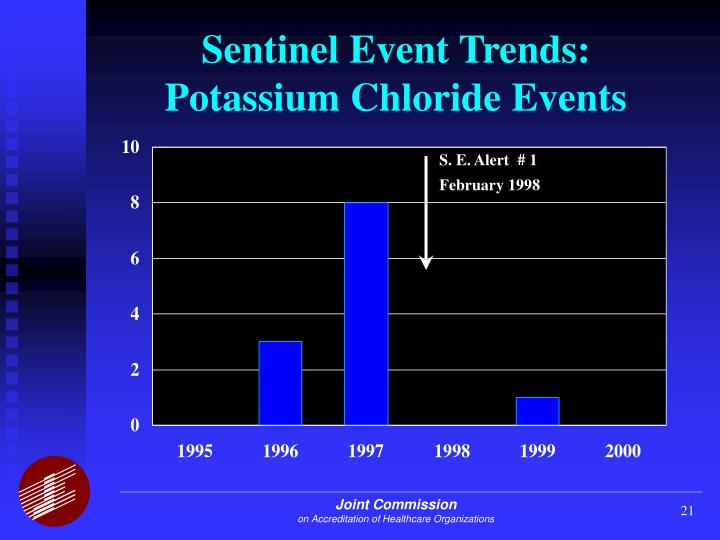
In the absence of consensus on a comprehensive list of conditions that represent severe maternal morbidity, institutions and systems should either adopt an existing screening criteria or create their own list of outcomes that merit review.

Like cases of maternal mortality, cases of severe maternal morbidity merit quality review. The two-step screen and review process described in this document is intended to efficiently detect severe maternal morbidity in women and to ensure that each case undergoes a review to determine whether there were opportunities for improvement in care. Identifying severe morbidity is, therefore, important for preventing such injuries that lead to mortality and for highlighting opportunities to avoid repeat injuries. It also can be considered a near miss for maternal mortality because without identification and treatment, in some cases, these conditions would lead to maternal death. Severe maternal morbidity is associated with a high rate of preventability, similar to that of maternal mortality. ABSTRACT: This document builds upon recommendations from peer organizations and outlines a process for identifying maternal cases that should be reviewed. If an organization wishes to self-report an event that is subject to review by JCI Accreditation, the organization can submit the report to JCI at.



death that is unrelated to the natural course of the patient’s illness or underlying condition.Such events are called "sentinel" because they signal the need for immediate investigation and response.Įxamples of events that are considered a sentinel event that require a review, include but are not limited to: Severe temporary harm and intervention required to sustain lifeĪn event can also be considered sentinel event even if the outcome was not death, permanent harm, severe temporary harm, and intervention required to sustain life.The Sentinel Event Policy explains how Joint Commission International partners with health care organizations that have experienced a serious patient safety event to protect the patient, improve systems, and prevent further harm.Ī sentinel event is a patient safety event that reaches a patient and results in any of the following: The Joint Commission adopted a formal Sentinel Event Policy in 1996 to help health care organizations that experience serious adverse events improve safety and learn from those sentinel events.Ĭareful investigation and analysis of Patient Safety Events (events not primarily related to the natural course of the patient’s illness or underlying condition), as well as evaluation of corrective actions, is essential to reduce risk and prevent patient harm.


 0 kommentar(er)
0 kommentar(er)
